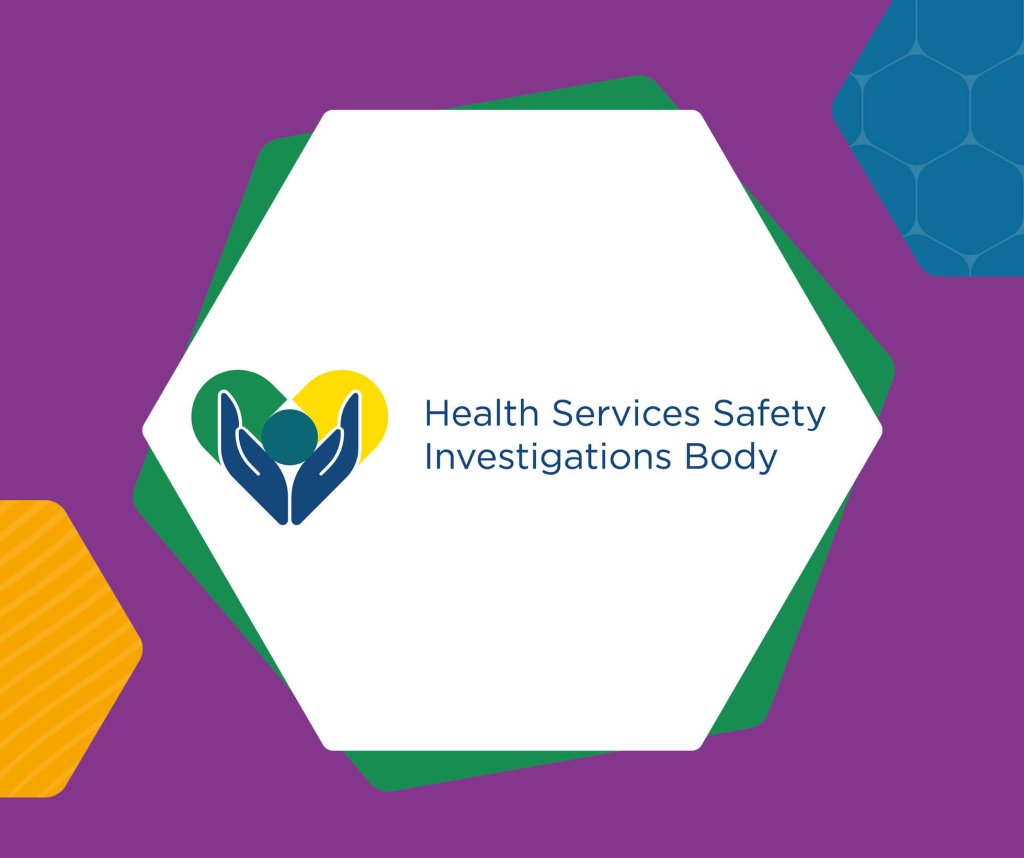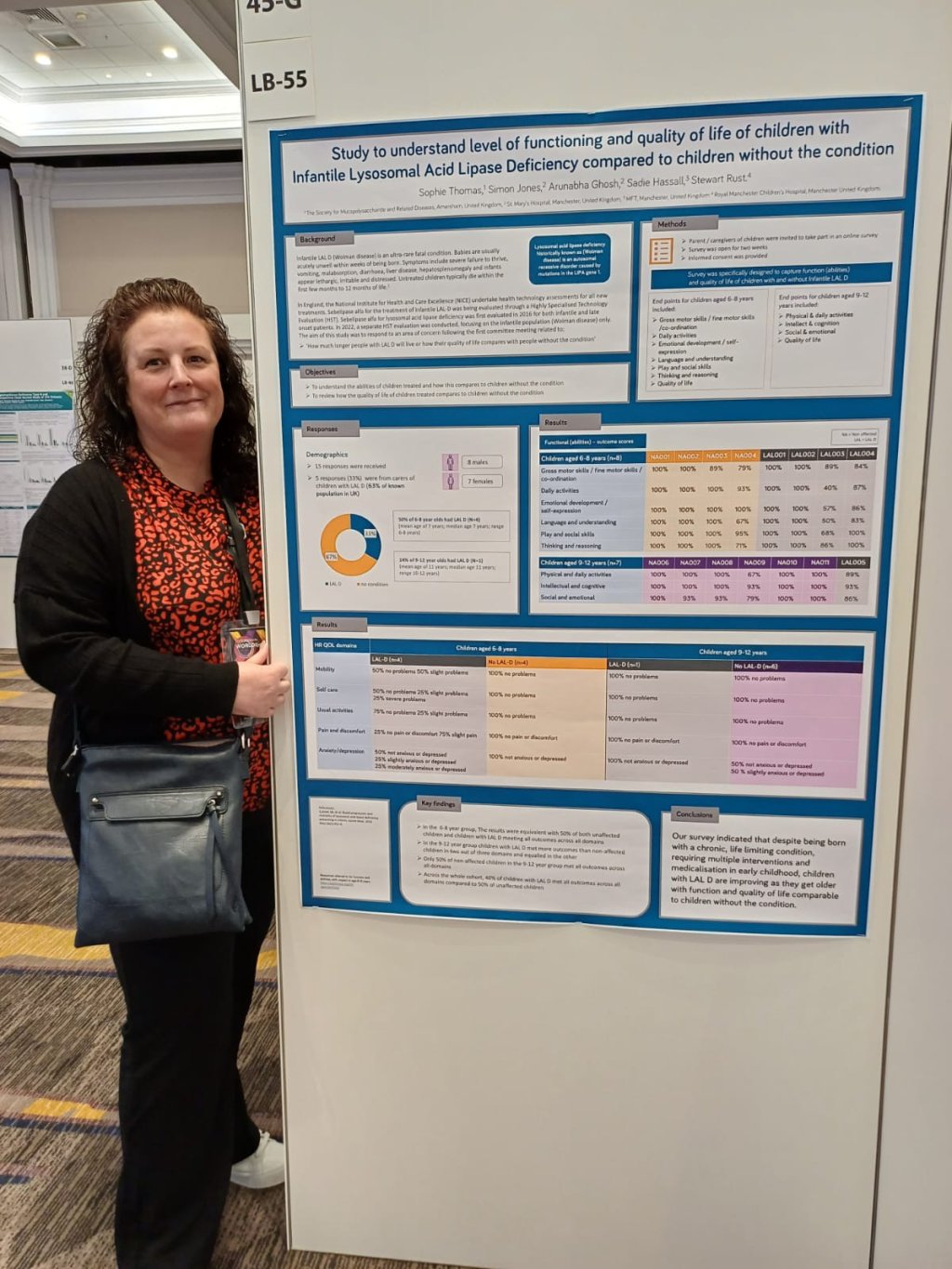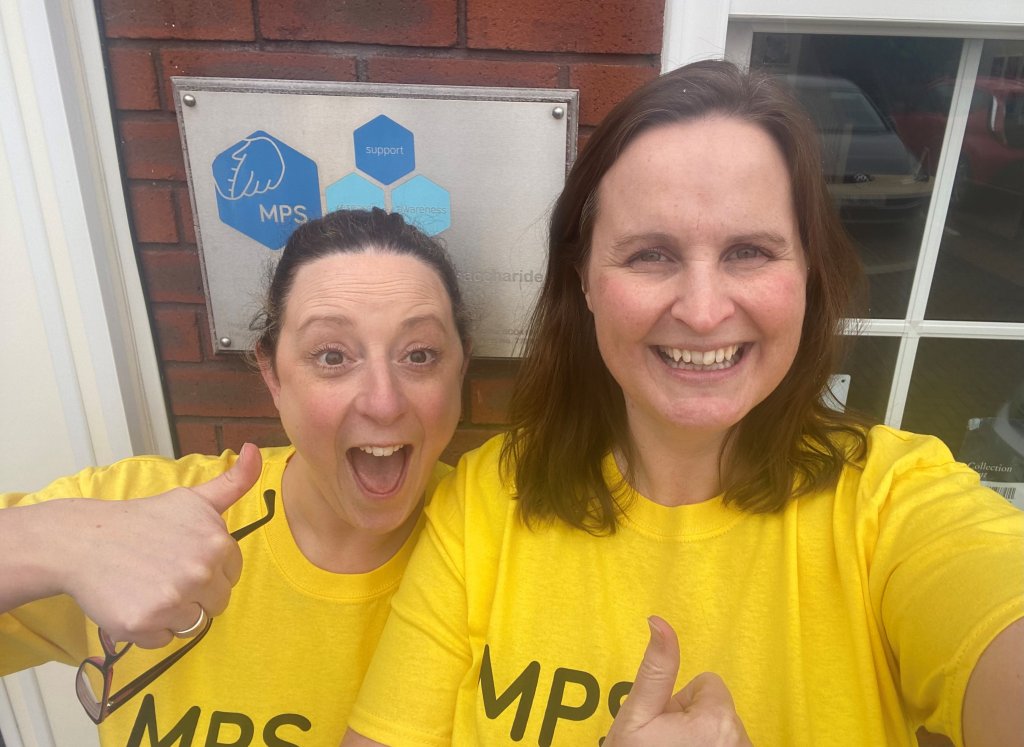For Rare Disease Day, we shine the light on an important safety investigation report that involved insights from the MPS Society. Nichola Crust, a Senior Safety Investigator, from the Health Services Safety Investigation Body (HSSIB) tells Ethan’s story and talks us through their findings:
In January, we published a report about the safety risks of managing patients with known difficult airways – we focused on situations where advanced airway management techniques are needed, for example intubation during planned surgical procedures or medical emergencies. Our investigation specifically looked at those with complex conditions or diseases because in those cases advanced airway management techniques, for example tracheal intubation might be more difficult.
The MPS Society offered the investigation valuable insight into the challenges faced by people with rare and complex conditions when they receive treatment.
In our investigations, we analyse an individual patient case to illustrate the safety issues. We then identify themes for further investigation, which then aim to drive improvement at a national level.
For HSSIB, the experience of the patient and their family is central to this.
Ethan’s story
Ethan was a 12-year-old boy with Hunter Syndrome who also suffered with severe obstructive sleep apnoea. When he was admitted to hospital with seizures, the staff in the hospital knew that he may need to be intubated to keep his airway open. It was recognised from assessing Ethan that he did have a challenging airway and when his condition deteriorated, he was taken to an operating theatre to ensure the best possible conditions for intubation. Several attempts were made to intubate him but very sadly Ethan suffered a cardiac arrest and could not be resuscitated.
Ethan was described by his father as a boy who always had a smile for you and when he knew you well, would love to hold your hand.
His story had an impact on us all and it was important that we understood the details of his care to help others with the same condition.
The importance of individualised care plans
Communication and information sharing was an important area identified in our wider investigation for national learning and improvement.
Specifically, we found that there is no standard process of sharing an individualised airway management plan to all health and care professionals and services involved in their care.
The MPS Society told us that there have been attempts to support the sharing of information around complex airways but that a challenge faced by families is that in emergencies they are not always listened to. People can carry alert cards to help in healthcare settings but with complex diseases they may be required to carry multiple cards for separate concerns. The MPS Society emphasised that because airways in MPS conditions requires a more in depth understanding; they advocate for each person with MPS to have an individualised management plan.
Our investigation enabled us to emphasise that systems were not robust enough for information about his difficult airway to be shared between every service that might be involved.
Influencing change
Our report noted that advancements in treatments for complex disorders like Hunter Syndrome mean that people’s life expectancy is improving. As patients live longer, then they could require surgical procedures, both planned and emergency.
Working with those national organisations that can influence change, we developed a number of safety recommendations and observations. The recommendations made if implemented will help optimise the chances of survival for people who experience a life-threatening airway emergency.
We did make a specific recommendation to NHS England which requires them to develop and implement a process for individualised airway management plans.
Rare Disease Day reminds of us of what families like Ethan’s can go through every day. Our report, findings and recommendations are there to help improve care for any patient but primarily for those who are most vulnerable when experiencing an airway emergency.
About the HSSIB
The Health Services Safety Investigations Body (HSSIB) are a fully independent Arm’s Length Body of the Department of Health and Social Care. They investigate patient safety concerns across England to improve NHS care at a national level. Find out more at www.hssib.org.uk.



